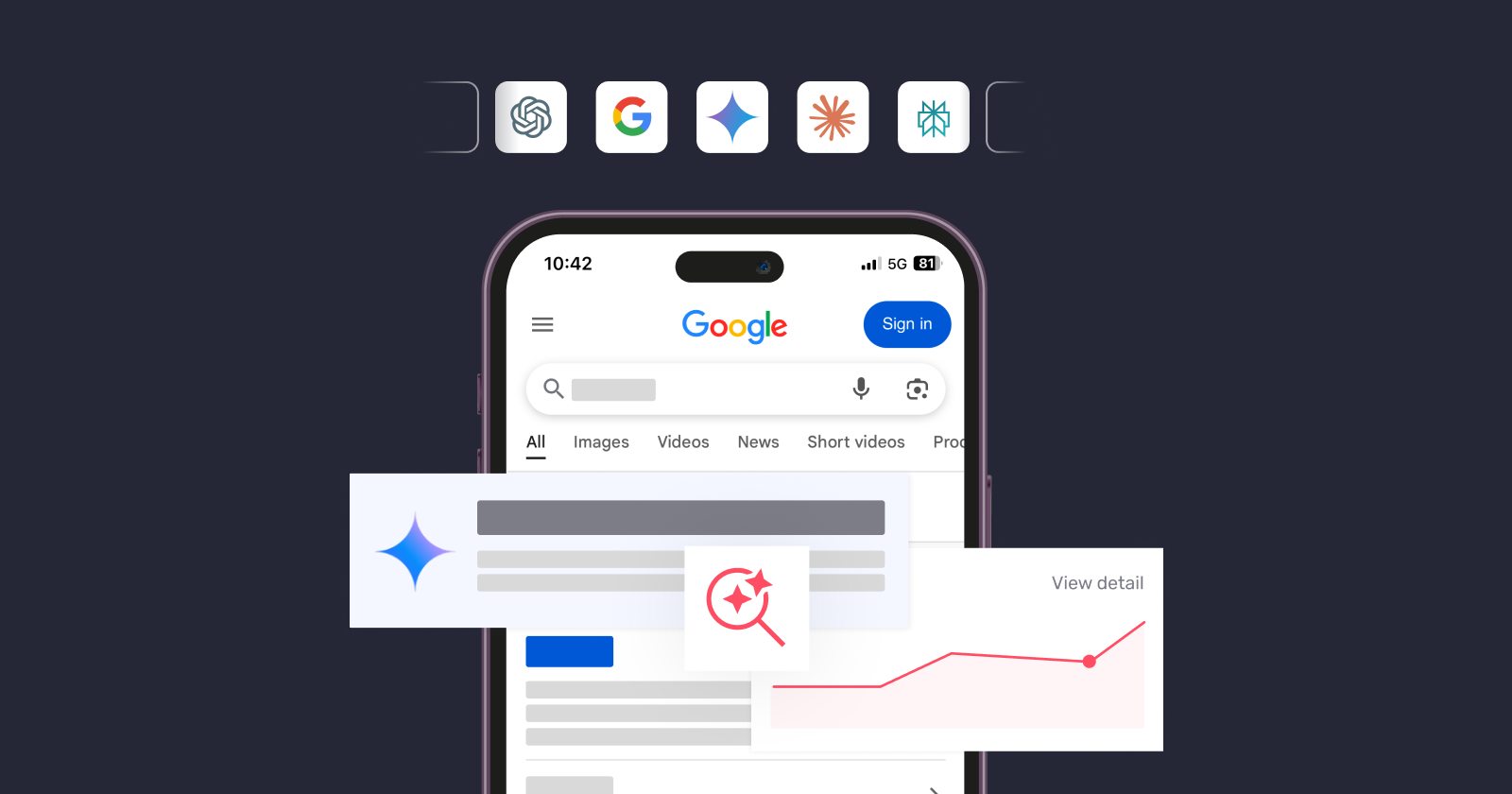Search is evolving—again. Just as businesses mastered traditional SEO to appear on the first page of Google, a new paradigm is emerging: Generative Search Optimization (GEO). With the rise of AI-driven search engines and large language models (LLMs), the rules of visibility are shifting from keyword rankings to answer rankings.
For marketers, this shift is not a threat but an opportunity. Those who understand GEO early will unlock a powerful advantage in the digital marketplace.
What is Generative Search Optimization (GEO)?
Generative Search Optimization (GEO) is the practice of optimizing content for AI-driven search systems that rely on large language models (LLMs) to deliver results. Instead of listing links, generative AI provides direct, conversational answers by pulling insights from across the web.
Unlike traditional SEO, where keyword placement and backlinks dominate, GEO focuses on:
-
Contextual relevance — how well content aligns with user intent.
-
Semantic depth — providing comprehensive, expert-level coverage of topics.
-
Trust signals — credibility, accuracy, and authority of sources.
In short, GEO is about making your content the go-to resource for AI models to cite, summarize, and recommend.
How To Optimize For LLMs in GEO
Optimizing for LLM-driven search requires a mindset shift. Here’s how businesses can adapt:
1. Prioritize Semantic SEO
Instead of stuffing keywords, focus on topic clusters and related entities. LLMs thrive on context, so your content should provide in-depth answers that cover “what, why, and how” in one place.
2. Build Structured Content
AI prefers clarity. Use:
-
H1, H2, H3 headings for logical flow.
-
Bullet points & numbered lists for scannability.
-
Schema markup to help LLMs understand your content.
3. Strengthen Digital Authority
LLMs favor credible sources. Improve your authority by:
-
Getting quality backlinks from trusted sites.
-
Building author profiles with expertise.
-
Publishing research-backed, data-driven insights.
4. Optimize for Conversational Queries
AI search aligns with natural language questions (“What’s the best way to optimize content for AI search?”). Include FAQ sections and conversational phrasing to match this shift.
Tips For Creating GEO-Friendly Content
To thrive in the GEO landscape, marketers need to craft content with both humans and AI in mind.
-
Answer comprehensively: Don’t just define a term explain, illustrate, and give examples.
-
Use authoritative sources: Cite research, case studies, and industry leaders.
-
Include multi-format content: Infographics, videos, and visuals enhance engagement while giving LLMs more data points.
-
Refresh regularly: AI favors fresh, updated content that reflects current trends.
-
Prioritize E-E-A-T: Demonstrate Experience, Expertise, Authoritativeness, and Trustworthiness.
Example: Instead of a blog post titled “SEO Tips for 2025” with generic tips, create “How Generative AI is Reshaping SEO: Practical GEO Strategies for 2025”—a content piece both insightful for readers and optimized for AI summarization.
Why It’s Essential To Optimize For LLMs
Ignoring GEO isn’t an option. Here’s why it matters:
-
Shift in Visibility: Generative AI platforms (like Google’s SGE, ChatGPT, and Perplexity) will increasingly provide direct answers, pushing traditional search results lower.
-
User Behavior Change: Users are adopting AI search because it’s faster, conversational, and personalized.
-
Competitive Edge: Early adopters of GEO will dominate AI citations, driving higher visibility and traffic.
-
Future-Proof Strategy: SEO alone may not sustain long-term results GEO ensures your brand stays visible in AI-first search ecosystems.
GEO as a New Competitive Advantage
The move from SEO to GEO is not about abandoning old tactics it’s about elevating them for the AI era. Brands that invest in GEO today will:
-
Become trusted sources for generative search systems.
-
Achieve longer-lasting visibility in AI-driven results.
-
Outperform competitors still relying solely on traditional SEO.
Final Thoughts
Search is no longer just about ranking it’s about relevance in the age of AI. By embracing Generative Search Optimization (GEO), marketers can future-proof their visibility, build authority, and capture audiences where they search next.
At Indite Web Technologies, we help brands adapt to this AI-powered search revolution with strategies designed to maximize visibility in both SEO and GEO ecosystems.

